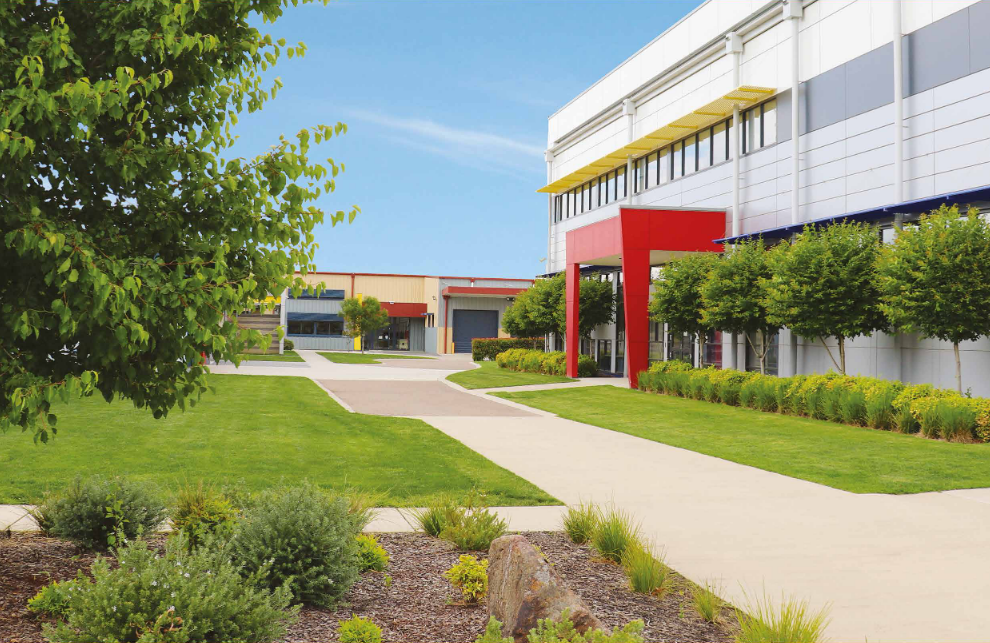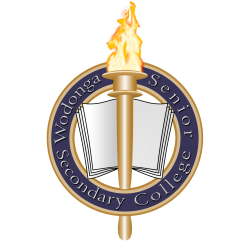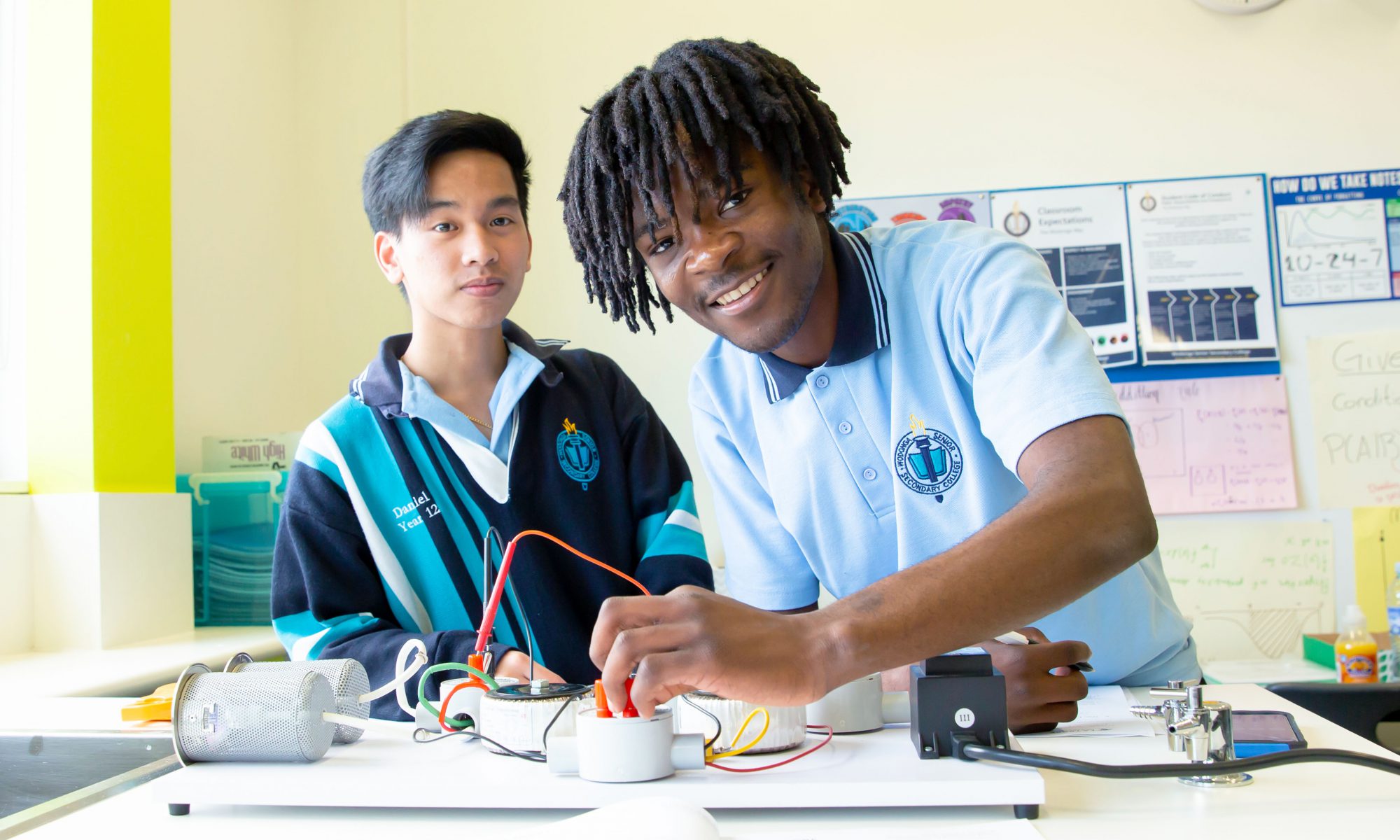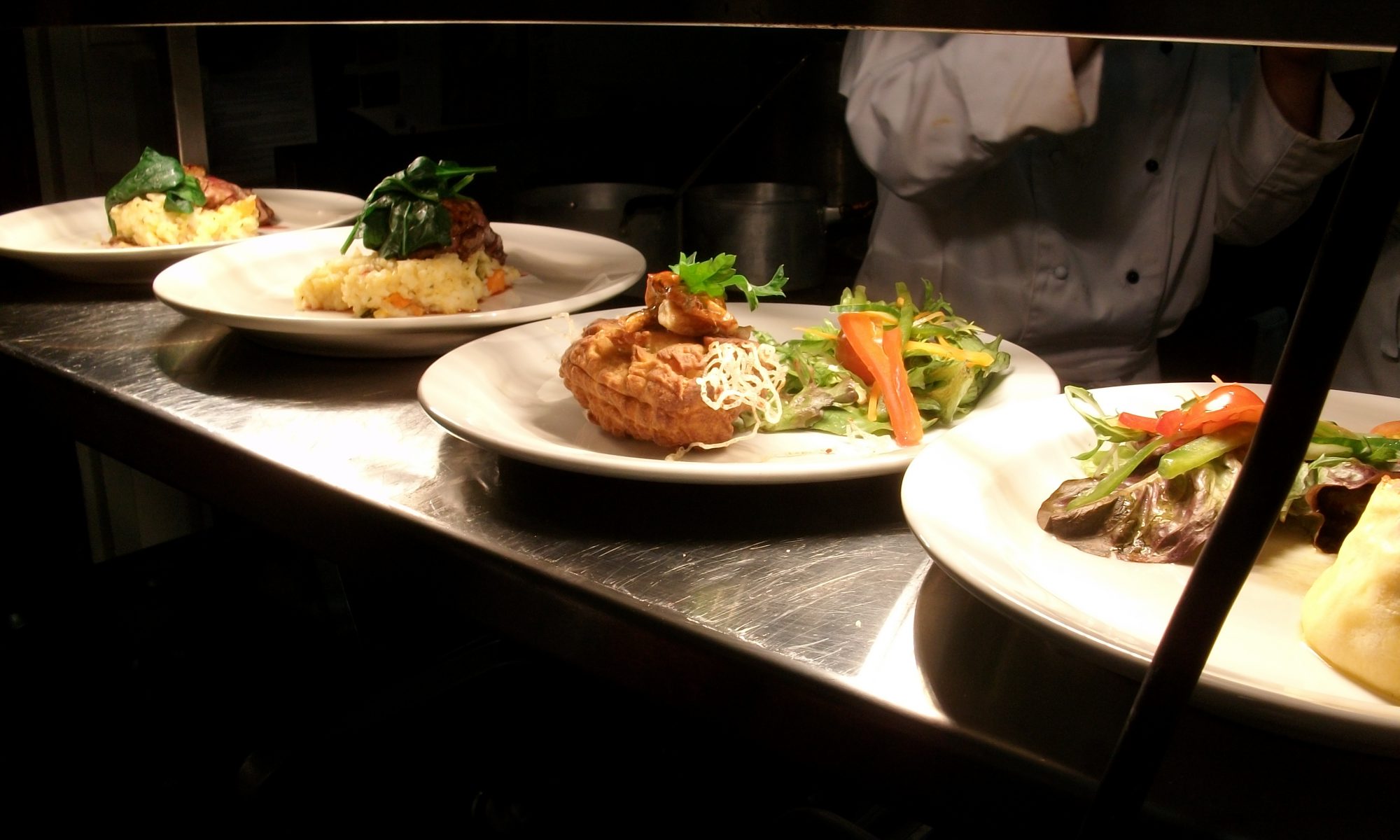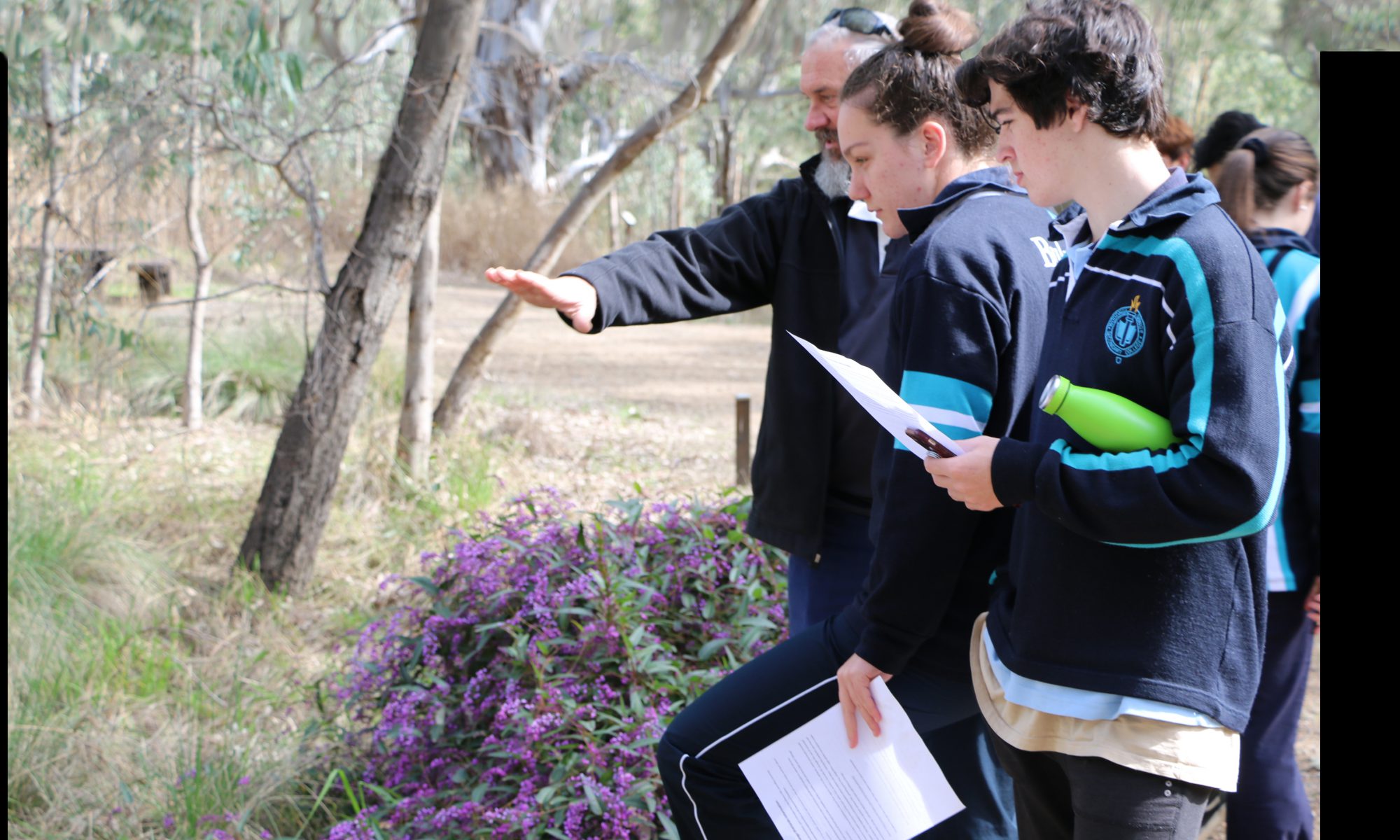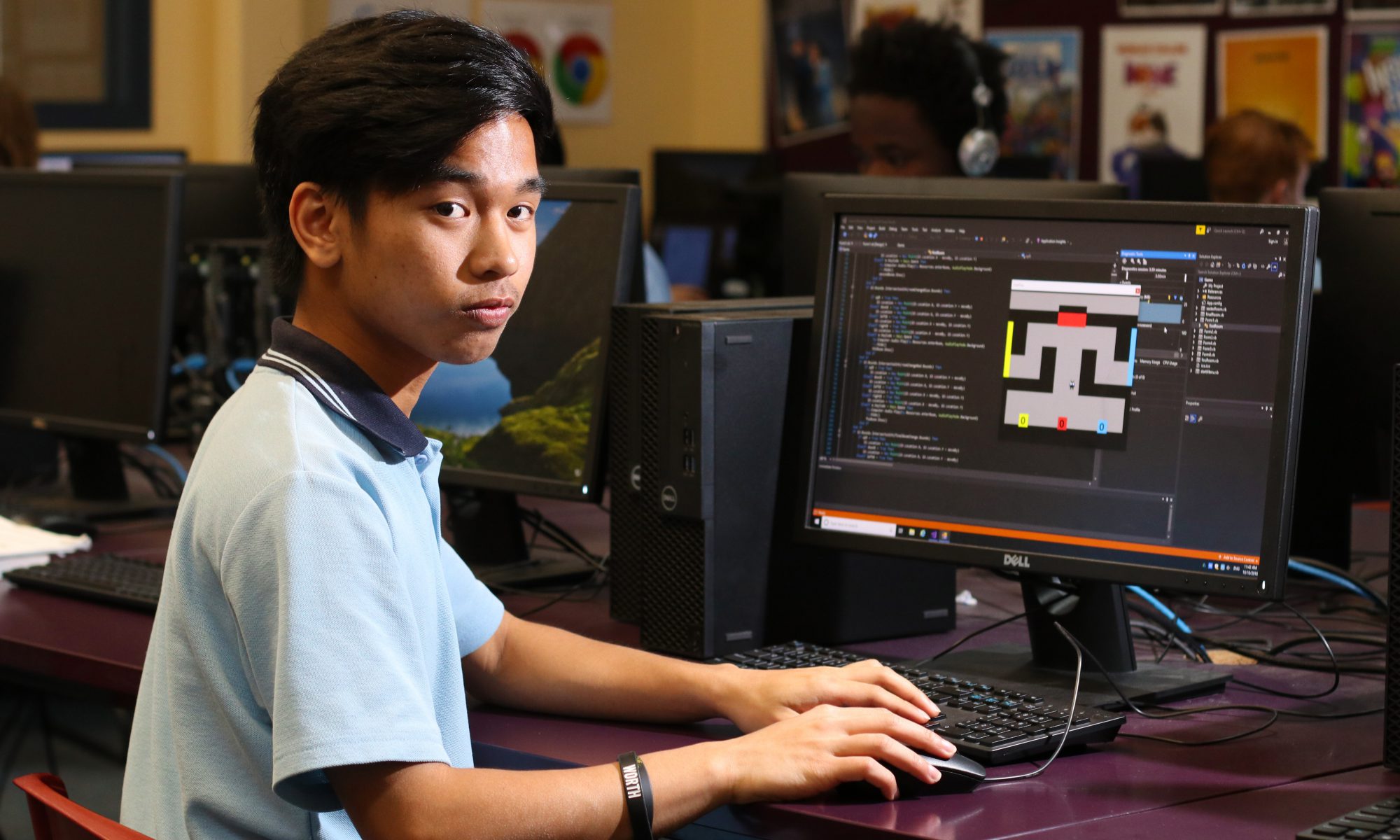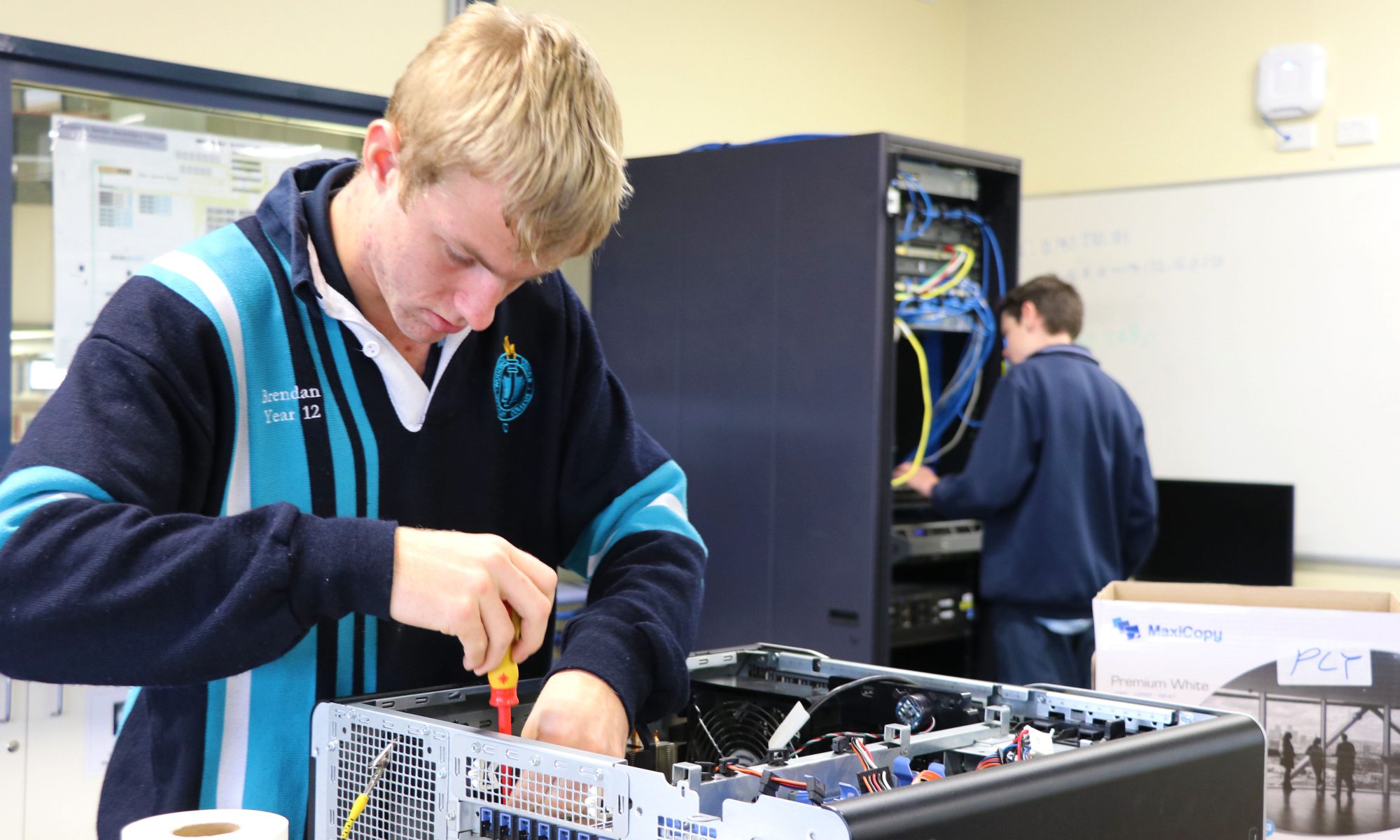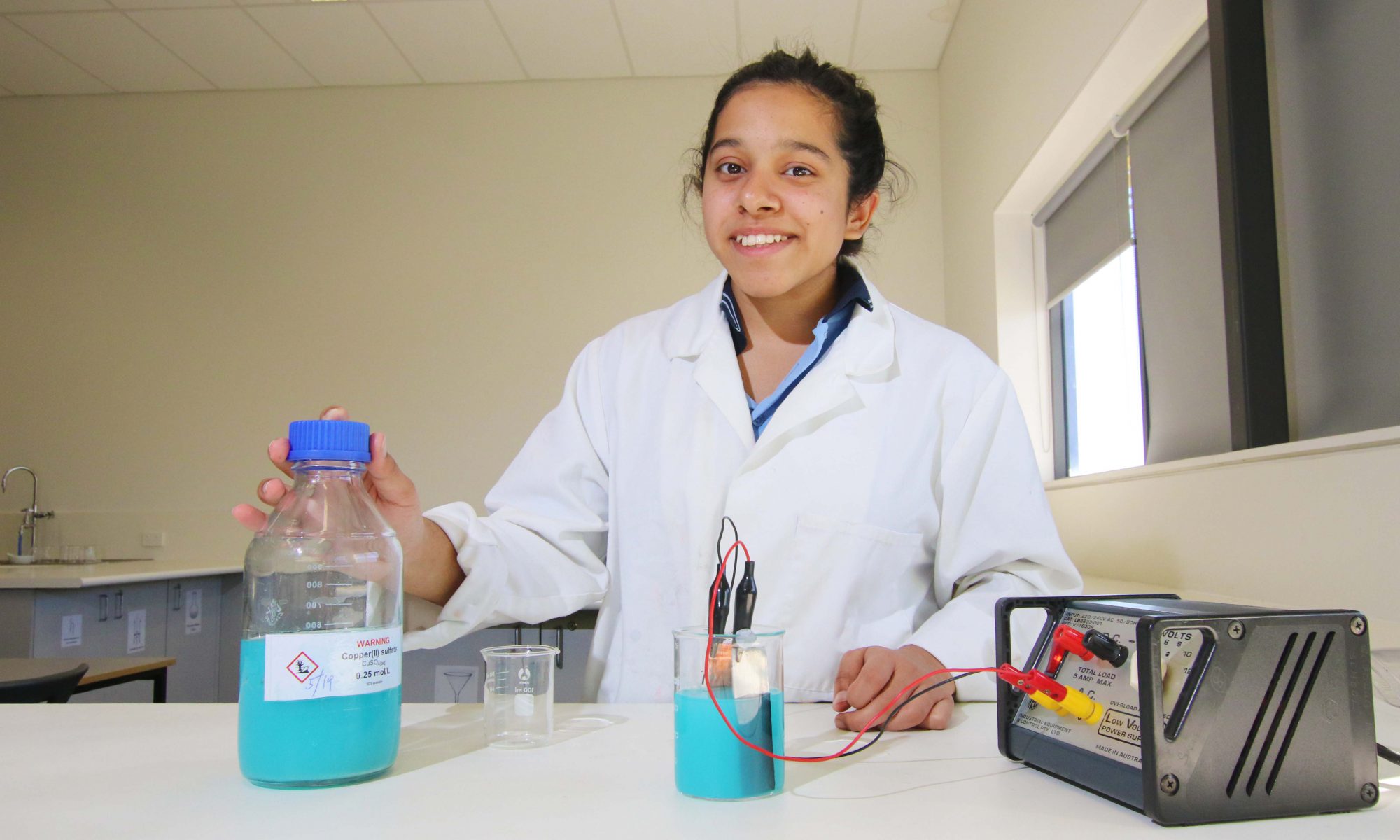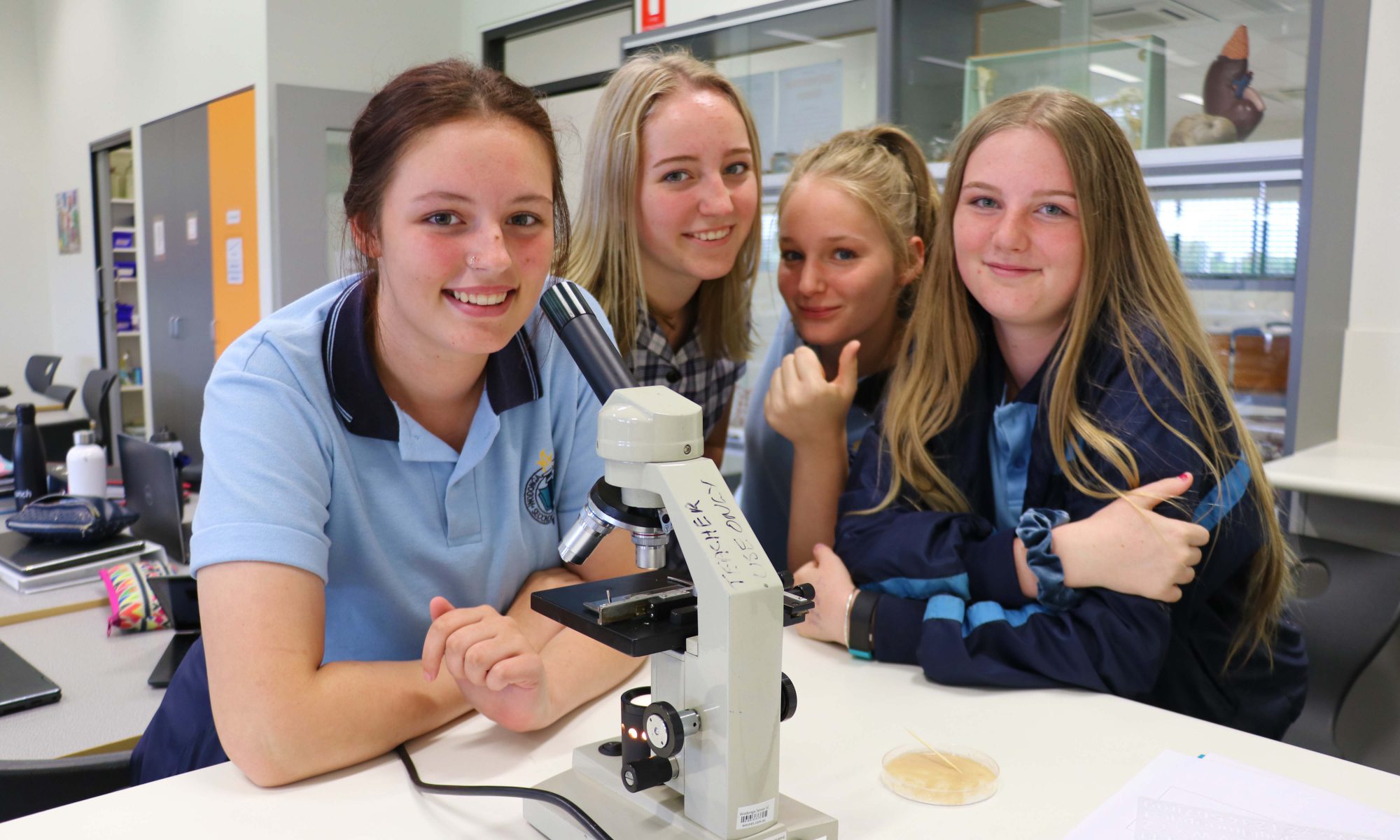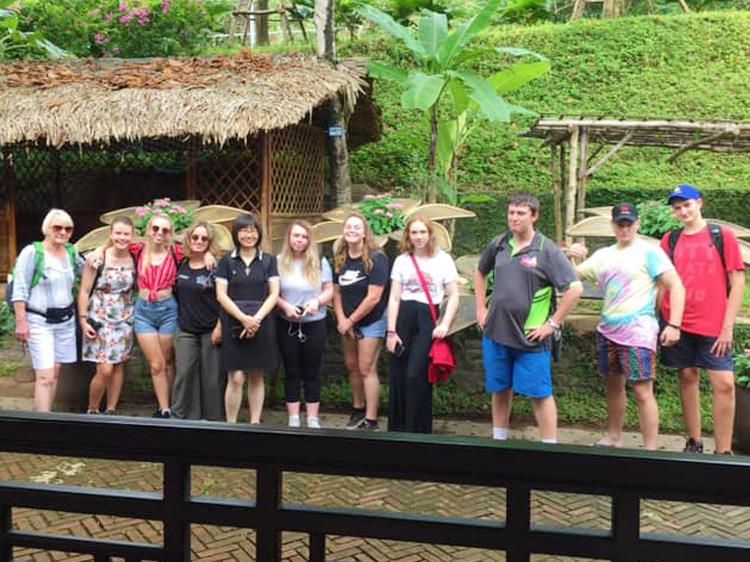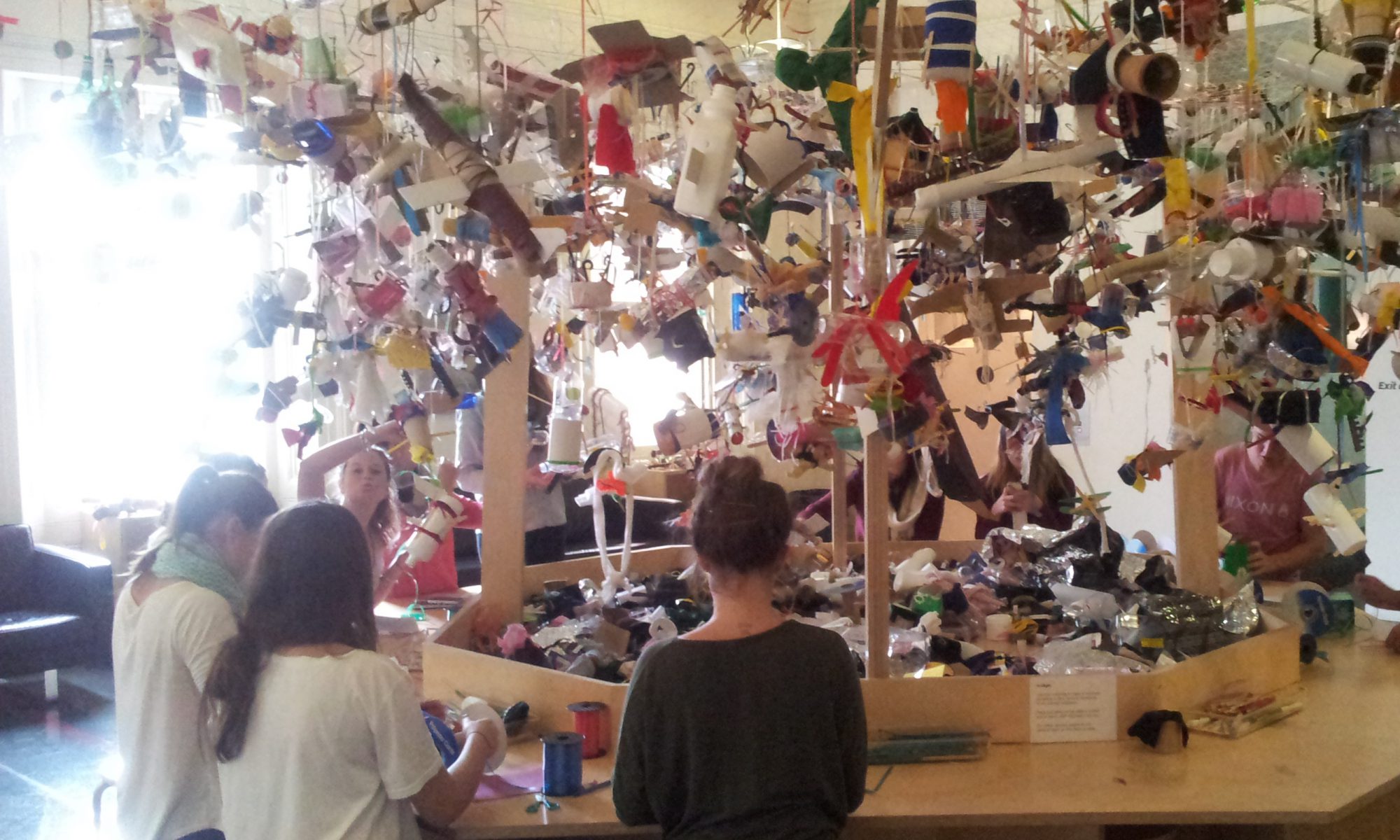Psychology
Course Summary
Do you wonder what makes people tick? What affects their mood and behaviour? In Psychology, you will study the science of the mind and human behaviour, and be able to apply that to personal and social circumstances in everyday life. Psychology provides students with a framework for exploring the complex interactions between biological, psychological and social factors that influence human thought, emotions and behaviour. This framework applies to children, adults, families and communities in a variety of settings.
VCE: Unit 1, Unit 2 and Unit 3 & 4 sequence available
Learning Activities & Assessment
- Investigate the structure and functions of the human brain and nervous system
- Develop an understanding of internal and external influences on behaviour
- Explore mental health and mental disorders
- Conduct research and psychology experiments
Classroom Virtual Tour
Quick Links
Approximate Costs
Unit 1 & 2
Excursions $50
Unit 3 & 4
Learning Area Contact
Science Learning Area Leader
